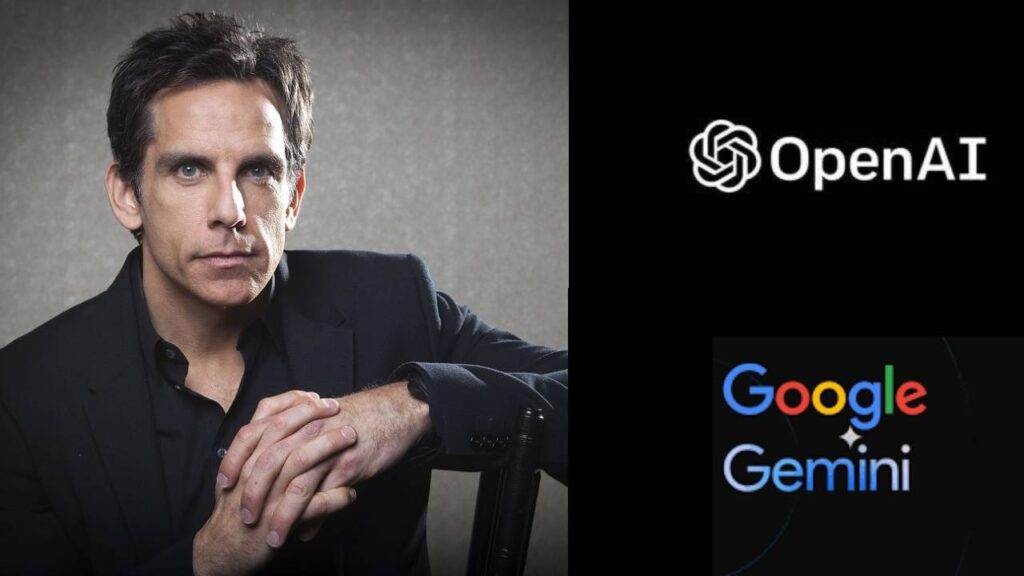There is no doubt that AI is one of the most amazing technologies so far. However, with its growing pace, the surrounding concerns are also increasing. These concerns are not only limited to job fears, but also to a threat to creative industries. And now the threat has also been felt by hundreds of celebrities. Recently, more than 400 Hollywood celebrities have taken a firm position against this threat of AI. Celebrities such as Ben Stiller, Paul McCartney, Mark Ruffalo and more wrote an official letter to the United States government against current AI trends. According to reports, this stage comes after Openai and Google proposed to soften it the regulations on copyright.
According to the proposal, the relaxation of these regulations would strengthen the competitiveness of the development of America’s AI against nations like China. However, Hollywood signatories firmly oppose this notion. A letter sent this weekend to the White House science and technology office directly disputes the recent proposals for major technological companies, which argue that the American law on copyright should allow IA companies to train their systems on the content protected by copyright without requiring the authorization or remuneration of rights holders.
“We firmly believe that the world leadership of America’s AI of AI should not be done at the expense of our essential creative industries,” said the letter, which has been signed by many high -level actors, directors, writers and musicians, including Cate Blanchett, Guillermo del Toro and Aubrey Plaza.
The letter indicates that IA companies seek to erode the economic and cultural vitality of creative industries by pleading for a reduction in copyright protections. They aim to use films, television series, works of art, writings, music and votes – integrated into the training of AI models that underlie the assessments of companies of several billion dollars – without appropriate authorization or compensation.
The letter underlines that the entertainment industry supports more than 2.3 million American jobs and contributes to $ 229 billion in wages per year, which serves as a “foundation for American democratic influence and the soft power abroad”. It warns that the problem extends beyond entertainment, affecting “all American knowledge industries”, including the work of “writers, publishers, photographers, scientists, architects, engineers, designers, doctors, software developers and all other professionals”.
But this is not the first time that Hollywood has come up against AI copyright problems. Last monthMore than 1,000 musicians, including Kate Bush, Annie Lennox and Damon Albarn, released a silent album entitled Is this what we want? To protest against changes in copyright laws in the United Kingdom. These changes could allow AI developers to use works protected by copyright for training without explicit consent of creators. The silent songs of the album symbolically represent the potential sileting of the voices of artists under new regulations. The benefits of the album are directed to help musicians, a charitable organization supporting artists.
Globally, the creative industries are struggling with the challenges posed by the capacity of the AI to produce content after having been trained in existing work without necessarily compensating for the original creators. This current debate underlines the need to balance technological progress with the protection of artists’ rights and the preservation of cultural and economic value in the creative sectors.


